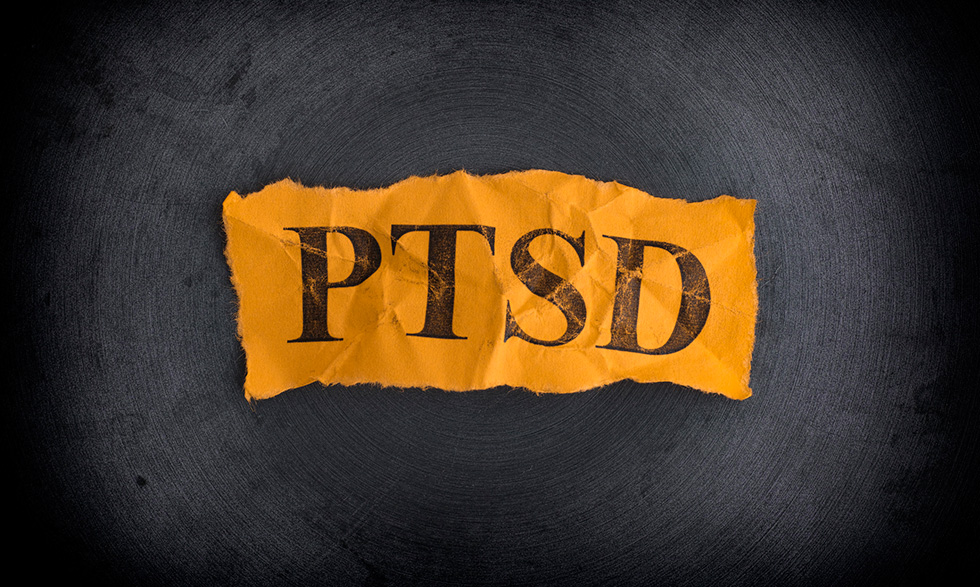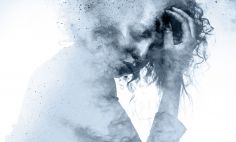People who experience traumatic situations react in different ways.
In general, people often have recurring thoughts about what happened. You may feel numb, have trouble relaxing, and try to avoid people and places that remind you of the trauma. Feeling vulnerable or on guard is also common. Other symptoms include:
Depression: Feeling sad most of the time or losing interest in activities that were once fun for you is a sign of depression. You may have low energy and be tired. You may think that things will never get better. This can lead to suicidal thoughts. If you are thinking of hurting or killing yourself, seek help immediately.
Self-blame, guilt, and shame: You may blame yourself after a traumatic event, especially if others are hurt. Feelings of guilt, shame, or self-blame are often not justified.
Anger or aggressive behavior: After trauma, you may think that what happened to you was unfair or unjust. This can result in intense anger. Intense feelings of anger and aggressive behavior can cause problems with those around you, with physical or legal consequences.
Alcohol/drug abuse: Drinking or "self-medicating" with drugs is a common but unhealthy way of coping with upsetting events. You may drink too much or use drugs to numb yourself.







